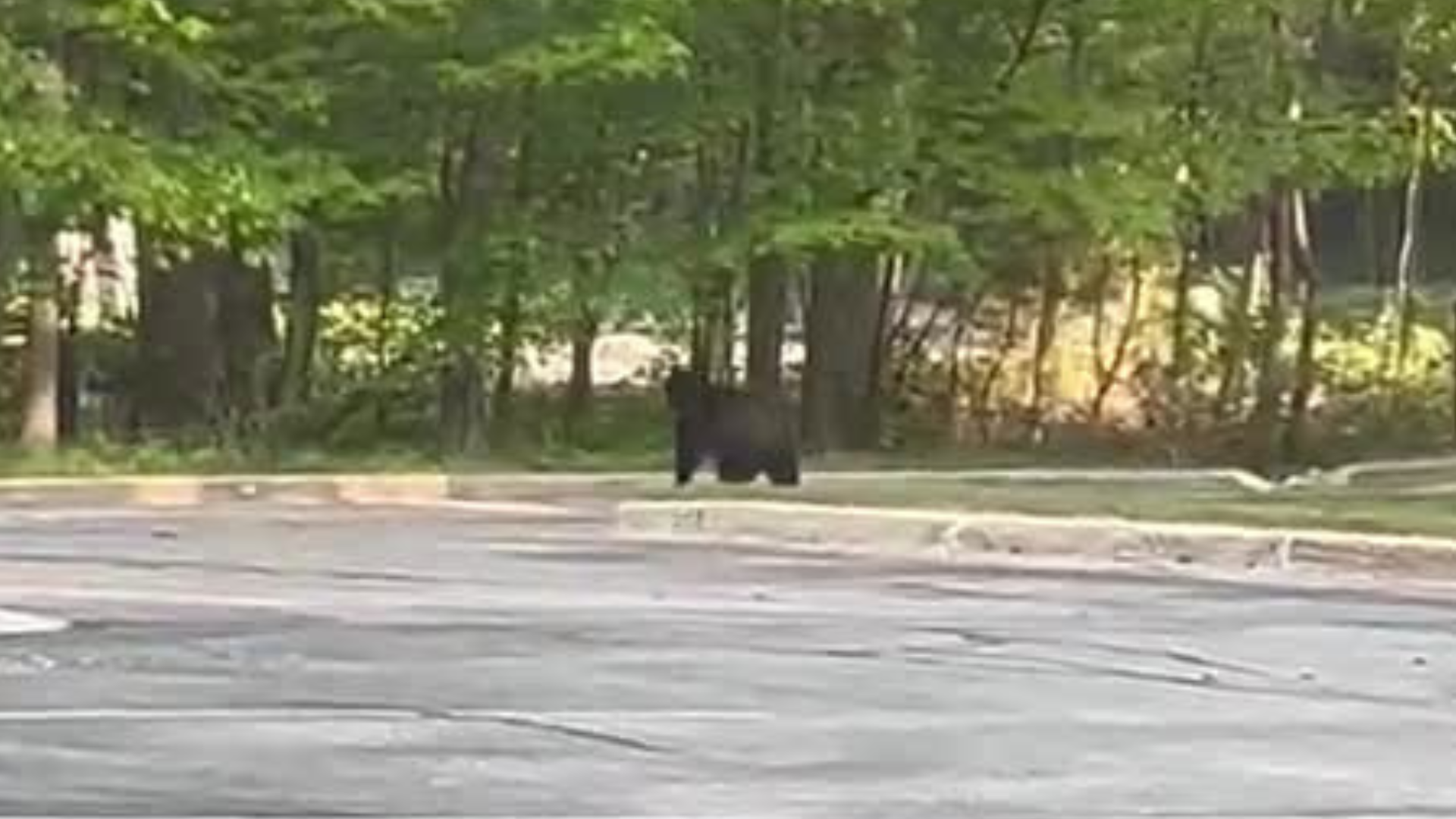

The latest strain of avian flu, H5N1, is shutting down raptor centers across the U.S. One of the largest operations is in St. Paul, Minnesota and they’ve temporarily closed to the public and have built a triage center for their new patients.
, a rehab center in Traverse City, is fending off an outbreak, while taking on four bald eagles in the past three days. It’s unusual, but necessary, as ARK, Association to Rescue Kritters, has closed and is not taking birds.
James Manly says he traveled to Gaylord and Roscommon in order to rescue the birds, out of his jurisdiction.
“Several of the centers have closed their doors to admitting new patients because they don’t want to risk any exposure to their current patients or if they have education ambassadors,” says Manly.
Skegemog is also taking every precaution they can to keep their current patients safe from the disease that has a high mortality rate of 90 to 100 percent.
“Right now, we have three patients that are currently in quarantine,” says Executive Director James Manly. “I am the only one handling them. Our Assistant Director, Chris Johnson, is actually handling birds that are outside of the quarantine. So we’re really trying to restrict the exposure.”
They are limiting the number of people that come into contact with the birds in their facilities. Staff are in full personal protective equipment gear and are taking multiple showers, cleaning their clothes daily. Some of the birds are quarantined in different locations.
“The avian flu can be transmitted through clothing and shoes and on hands so we’re taking every precaution we can,” says Manly.
The Skegemog Raptor Center is not even a year old. They started after Wings of Wonder closed in 2020. They were just beginning their services before the flu came and they are struggling to provide the care needed.
“This has really been a tremendous financial burden on us as we are trying to add all these extra measures,” says Manly. “And then on the staff as well. A lot of extra mileage driving the extra locations and buying the equipment. We’re really appreciative of the people that have stepped forward to help us currently, but we’re definitely going to need help from the public to get through this.”
The major outbreak in 2015 of H5N1 impacted more poultry. This year’s strain is now spreading to other species, but still has a low rate of infection in humans.
Manly says it spreads through saliva and feces.
“It’s been very complicated because waterfowl and shorebirds and waders carry [it] asymptomatically and with the spring migration happening now, traveling all over, it is definitely being transmitted to raptors,” he says.
One of the bald eagles is very sick, but there is no confirmation whether it has H5N1. It is receiving fluids and being kept as comfortable as possible, but might not survive.
“Unfortunately, nature is brutal.,” says Manly. “So it culls the herd pretty quickly. We’re hoping that we’ll get through this and not see a big effect on the populations.”
Manly says they are seeking guidance on testing and maintenance of the birds. He recommends that people help prevent the spread by removing bird feeders and bird baths that attract large numbers of birds.
He also urges people that see a sick or dead bird call the


© 2023 - 910 Media Group
